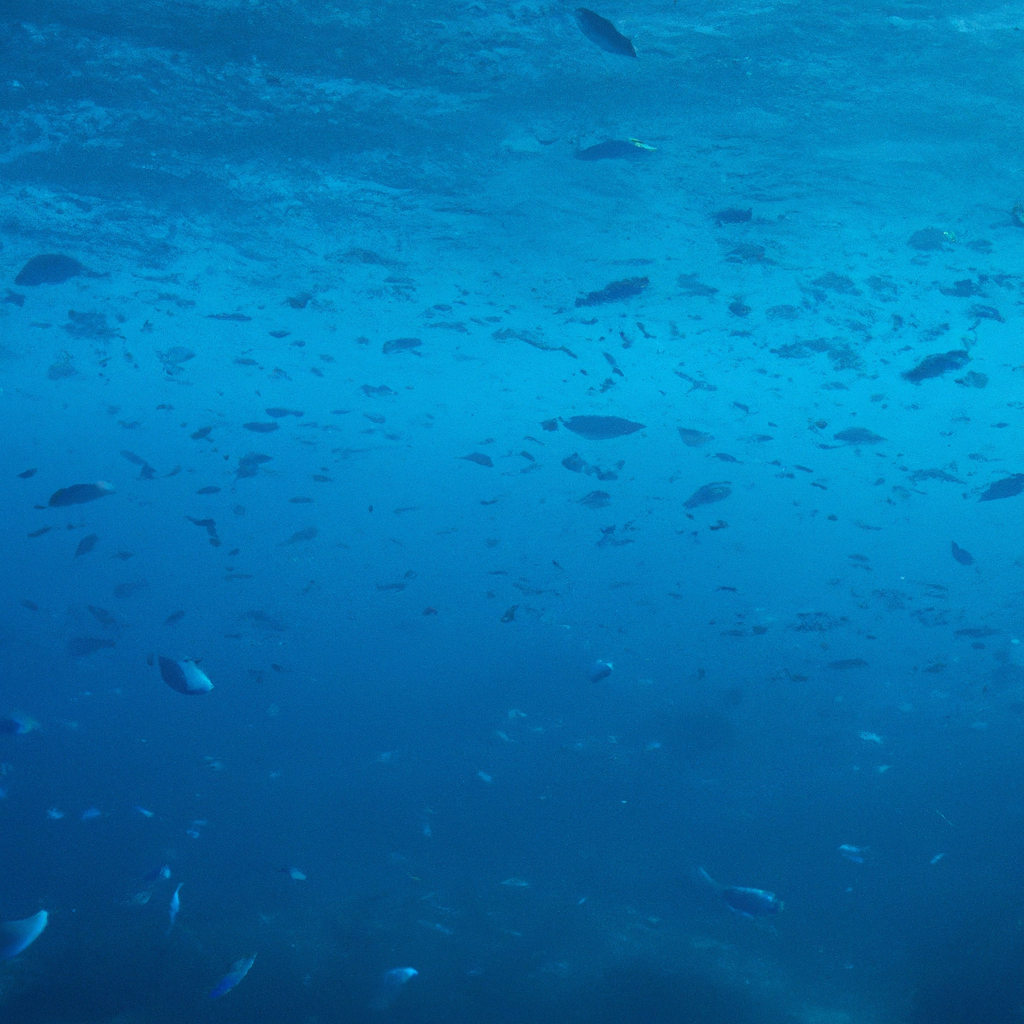Why Do Some Countries Have Strict Censorship Laws?
Censorship has been a controversial topic for centuries, with some countries imposing strict laws while others promoting free speech and expression. In this article, we will examine the social, political, and cultural factors that lead to censorship and try to understand why some countries have stricter censorship laws than others.
The Definition of Censorship
Before diving into the reasons behind censorship laws, we should first define what censorship means. Censorship can be defined as the suppression or prohibition of any parts of books, films, news, etc. that are considered obscene, politically unacceptable, or a threat to security. Censorship can be imposed by the government, religious institutions, or any other authority that has the power to control information.
Political Factors
Politics plays a significant role in censorship laws in many countries. Governments that fear opposition or dissent may feel the need to control information to maintain their power and authority. In many authoritarian regimes, censorship is a tool used to suppress political opposition and maintain control over the population.
For example, in China, the government controls the media and the internet to restrict access to information that could challenge the Communist Party’s authority. Similarly, in North Korea, the government strictly controls access to information, and any criticism of the regime is severely punished.
Cultural Factors
Cultural factors also play a role in censorship laws. In some cultures, certain topics are considered taboo, and any discussion or depiction of those topics is seen as offensive or immoral. For example, in many Islamic countries, depictions of the Prophet Muhammad are considered blasphemous, and any publication or representation of him is strictly prohibited.
Similarly, in many conservative societies, discussion or depiction of sexuality, nudity, or even alcohol is prohibited. These cultural factors contribute to the creation of censorship laws that restrict access to information or depictions that are deemed offensive or immoral.
Social Factors
Social factors also contribute to censorship laws. In some cases, censorship may be imposed to protect vulnerable populations, such as children. For example, many countries have laws that restrict access to pornography or other adult content to protect children from exposure to inappropriate material.
Similarly, in some cases, censorship may be imposed to protect public safety or prevent the spread of hate speech or incitement. For example, many countries have laws that prohibit speech that incites violence or promotes hatred towards certain groups.
Conclusion
In conclusion, censorship is a complex issue that is influenced by a variety of social, political, and cultural factors. While some countries impose strict censorship laws to maintain political control or protect cultural values, others promote free speech and expression as a fundamental right. It is essential to understand the reasons behind censorship laws to promote a more open and informed society. Ultimately, the balance between freedom of expression and the need for censorship remains a contentious issue that will continue to be debated for years to come.













